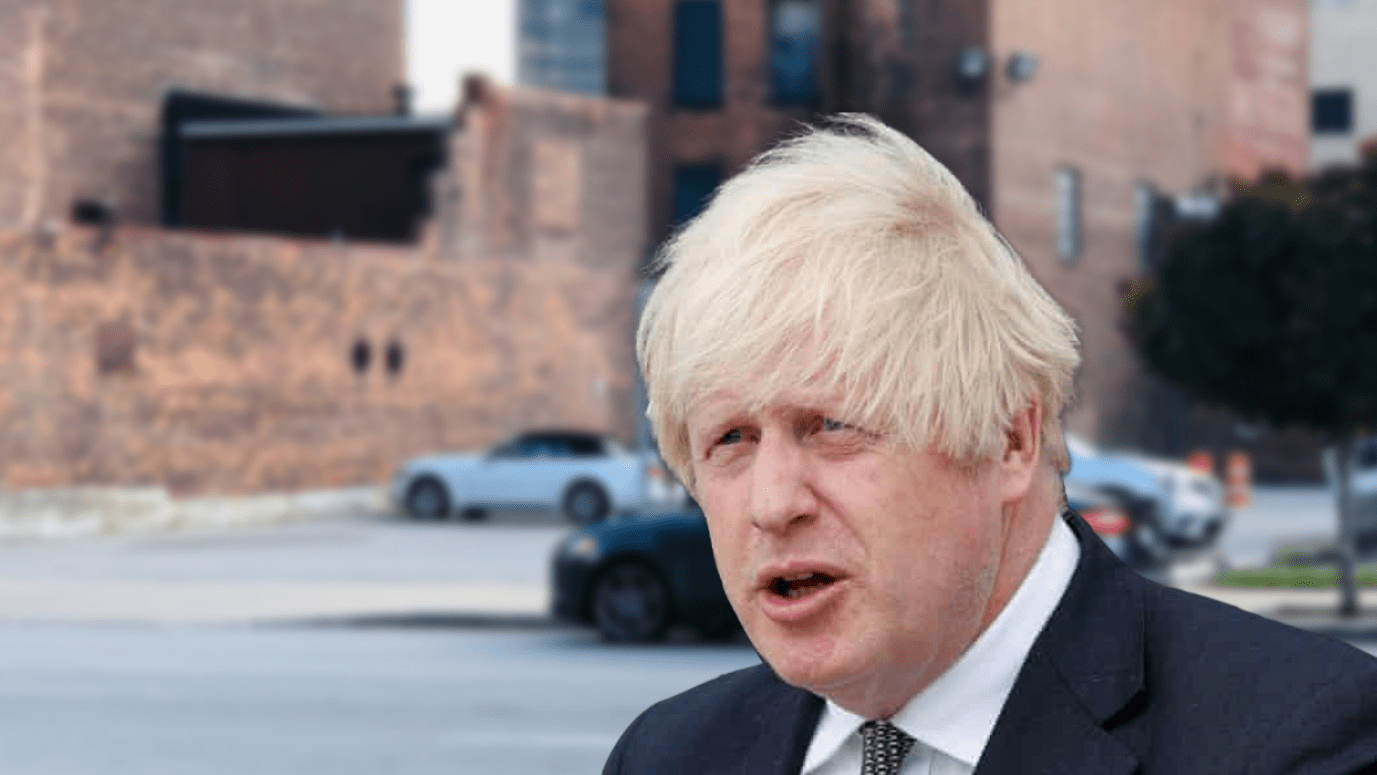

September 13, 2021: -U.K. Prime Minister Boris Johnson is about to announce the plans to hike taxes to fund health care and reforms to the country’s social care system.
By increasing the National Insurance rate by an expected 1.25%, Johnson’s government to tackle crises in social care funding and National Health Service treatment waiting lists, but the latter is spiraled between escalating pressure on health care services all over the Covid-19 pandemic.
Reportedly, the increased rate could increase by over £10 billion a year.
Johnson is set to announce the changes in a statement to the House of Commons on Tuesday. On Tuesday morning, the prime minister’s spokesman confirmed to Sky News that Cabinet ministers had approved the plans.
Under the National Insurance scheme of Britain, workers and employers pay a levy that funds specific welfare programs like state pensions, statutory sick pay, and maternity pay. People from the state pension age do not pay the levy, which effectively lowers their tax bill.
For workers earning amid £797 and £4,189 a month, National Insurance payments are 12% of their earnings. Those payments are made on top of income tax. Additional gains over £4,189 a month are taxed at 2%.
On Monday, the government announced that the NHS of England would be given a £5.4 billion cash injection over the coming six months to bolster its response to the Covid-19 crisis. Of that funding, £1 billion will reduce the treatment backlog that happened due to the pandemic.
In August, an analysis carried out by The Nuffield Trust found that almost 1.2 million people in England had to wait more than six months to access vital NHS services like cardiology and brain surgery.
Funds generated by the higher National Insurance rate are also expected to overhaul social care in England.
Sky News reported that the reforms would include a cap on how much individuals pay for care during their lifetime, limiting the amount to £86,000. However, this may not have the price of accommodation in nursing homes.
Currently, people in England must pay for their care if they have savings and assets of over £23,350, which means that social care is rarely state-funded. That threshold is expected to surge to almost £100,000 under the reforms, according to Sky.








© THE CEO PUBLICATION 2021 | All rights reserved. Terms and condition | Privacy and Policy